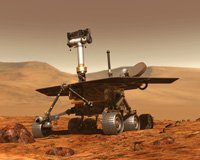
The Mars Exploration Rover mission (MER) investigates how water
has shaped the crustal composition, environmental history, and potential
habitability of Mars. The Gusev Crater and Terra Meridiani landing sites
were chosen because they offer hints that water has shaped their landscapes
and mineralogy. As robotic field geologists, the MER rovers will explore the
roles played by key agents such as water, volcanism, impacts, sunlight and
atmospheric dynamics. For example, water might have helped to form crusts
observed in the Gusev Crater regolith. The composition and fabrics of
bedrock at Terra Meridiani potentially reflect aqueous processes. However,
wind and volcanism have conspired to obscure any effects of water. Still,
by methodically exploring rocks and sediments, the MER rovers might be able
to determine whether the martian environment ever had the potential to
sustain life.
To join using a videoconferencing system:
Please RSVP to Mike Toillion (mike.toillion@nasa.gov) if you will be joining by Polycom.
To view the slides, connect to http://connect.arc.nasa.gov/nai_directors_seminar/
To join using a web browser:
The slides and audio/video for this meeting will be presented using Adobe Connect. To join the meeting, connect to:
http://connect.arc.nasa.gov/nai_directors_seminar/
If you are having problems connecting, you can try joining http://connect.arc.nasa.gov/nai_directors_seminar/?launcher=false, or rebooting your computer, or try joining from another network.
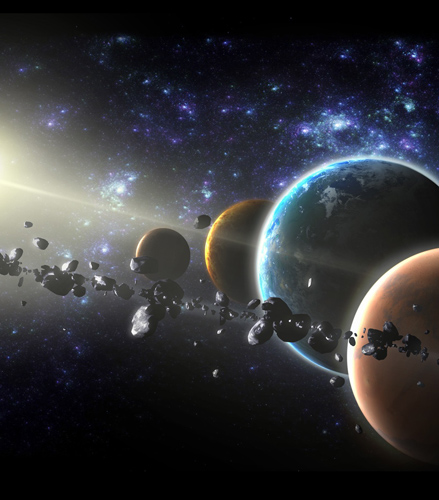 A Talk With Jim Green
A Talk With Jim Green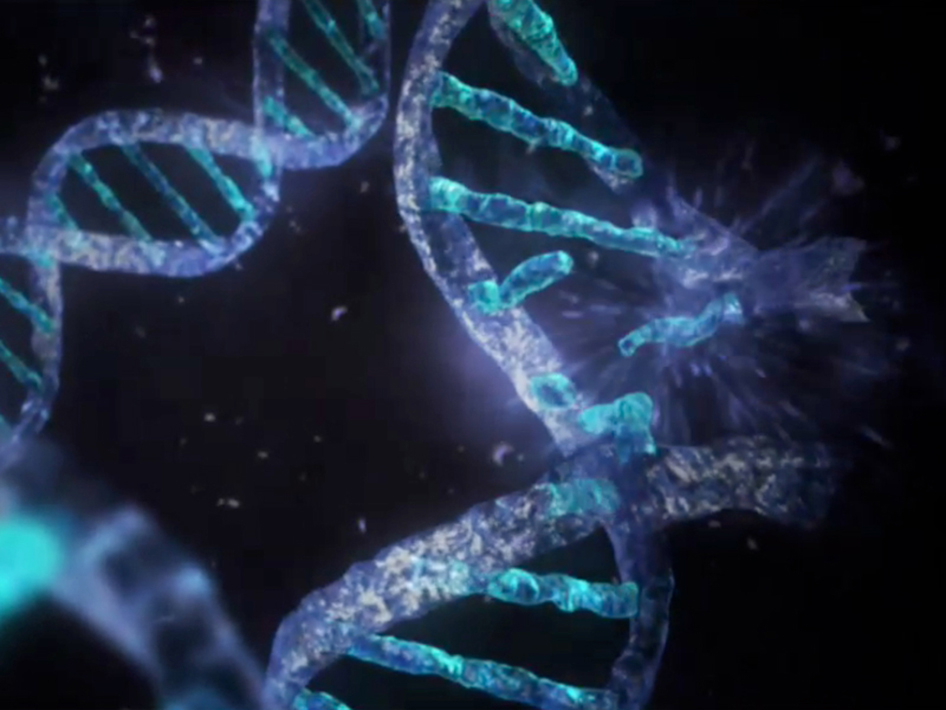 What Can Extant Genomes Reveal About Early DNA Metabolism?
What Can Extant Genomes Reveal About Early DNA Metabolism?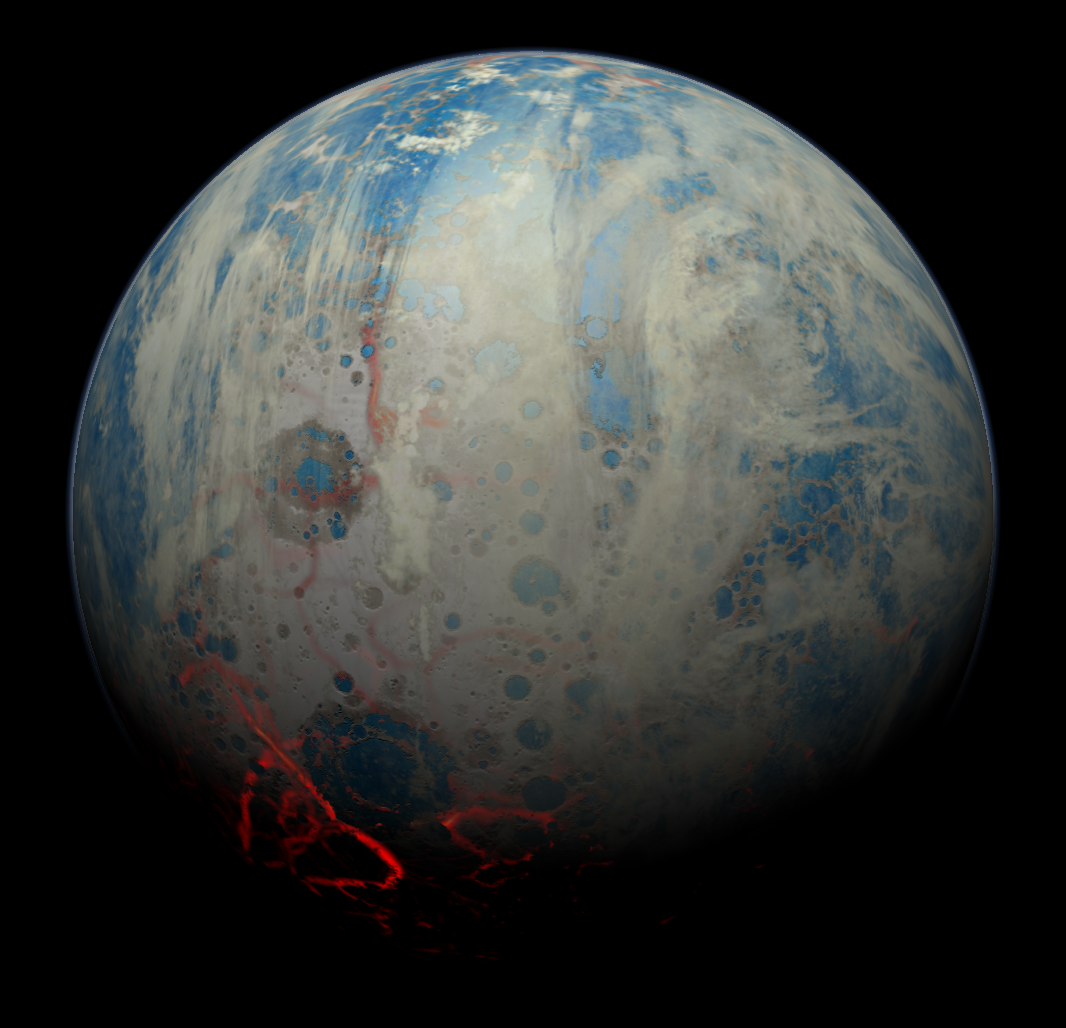 What We Talk About When We Talk About Earth's Oxygenation
What We Talk About When We Talk About Earth's Oxygenation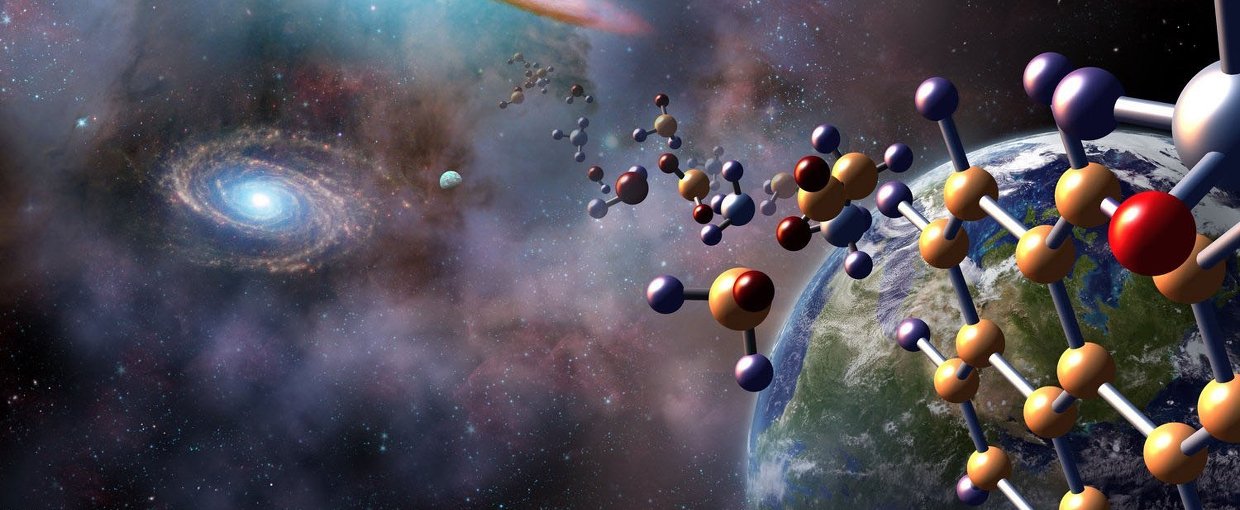 Bowling With Astrobiologists: A Twisted Path Toward the Origin of DNA
Bowling With Astrobiologists: A Twisted Path Toward the Origin of DNA